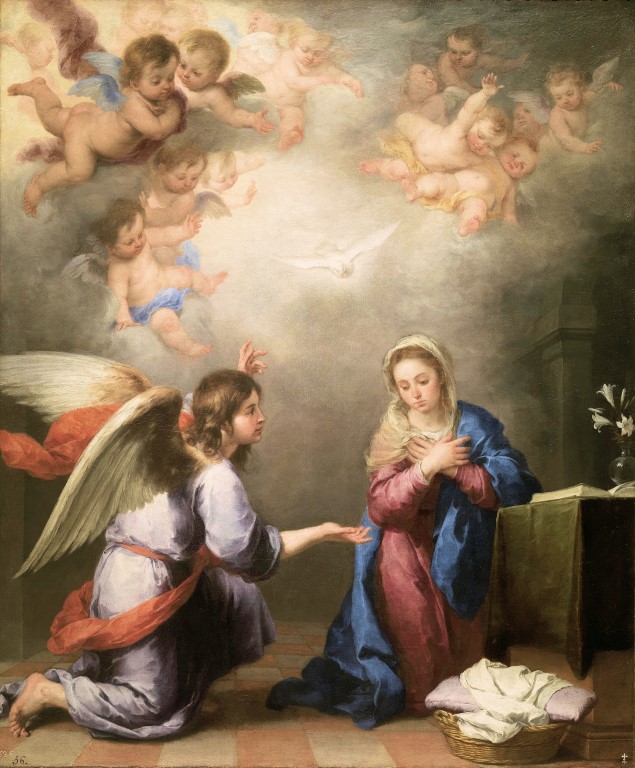Michael Davies on the hermeneutic of continuity
I came across this nugget in Michael Davies' book on Vatican II. For the Year of Faith and the 50th anniversary of Vatican II, I am currently reading various secondary works on the Council and finding some interesting tidbits along the way. Michael says:
Given the present debate on the question of the hermeneutic of continuity, I don't pretend to know what Michael would have said on the question. However he was prophetic in setting out the central requirement that the second Vatican Council should be interpreted in accordance with the traditional teaching of the church and especially of the two previous councils. He was always a great admirer of Cardinal Ratzinger and I venture to guess that he would like the idea of the hermeneutic of continuity. He coined a famous expression referring to the "time bombs" of Vatican II: expressions that were ambiguous and would be exploited later in a sense widely different from what the Fathers intended. He would, I am sure, agree that the correct way of reading Vatican II is in reference to the traditional teaching of the magisterium.
We should, then, accept the conciliar documents as official, though not always well formulated, Church teaching which must be studied with prudence and reserve and measured against, and interpreted in accordance with, the traditional teaching of the Church - particularly the Councils of Trent and Vatican I. Pope John himself provided us with a mandate for this in his opening speech when he insisted that his own Council concurs "with tranquil adherence to all the teachings of the Church in its entirety and preciseness, as it still shines forth in the Acts of the Council of Trent and the First Vatican Council." (Michael Davies. Pope John's Council. Augustine Publishing. 1977. page 216)Michael gives as his reference for the quotation from Pope John The Tablet 16 September 1972 p.893. Here is a link to the Latin text of the Allocution.
Given the present debate on the question of the hermeneutic of continuity, I don't pretend to know what Michael would have said on the question. However he was prophetic in setting out the central requirement that the second Vatican Council should be interpreted in accordance with the traditional teaching of the church and especially of the two previous councils. He was always a great admirer of Cardinal Ratzinger and I venture to guess that he would like the idea of the hermeneutic of continuity. He coined a famous expression referring to the "time bombs" of Vatican II: expressions that were ambiguous and would be exploited later in a sense widely different from what the Fathers intended. He would, I am sure, agree that the correct way of reading Vatican II is in reference to the traditional teaching of the magisterium.


